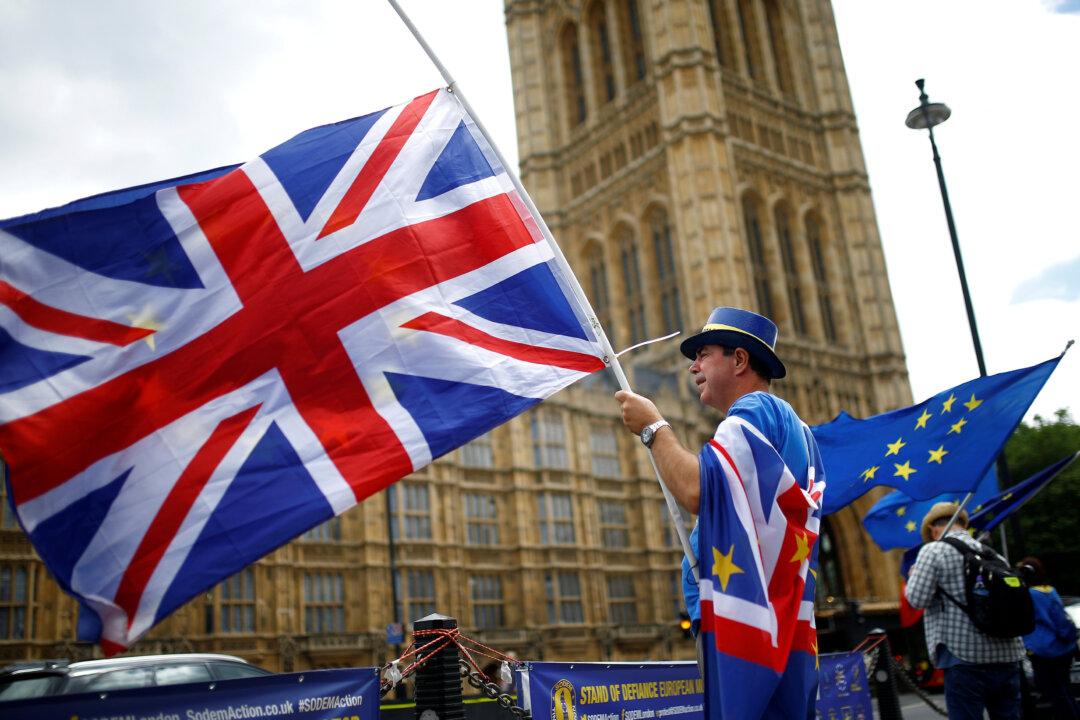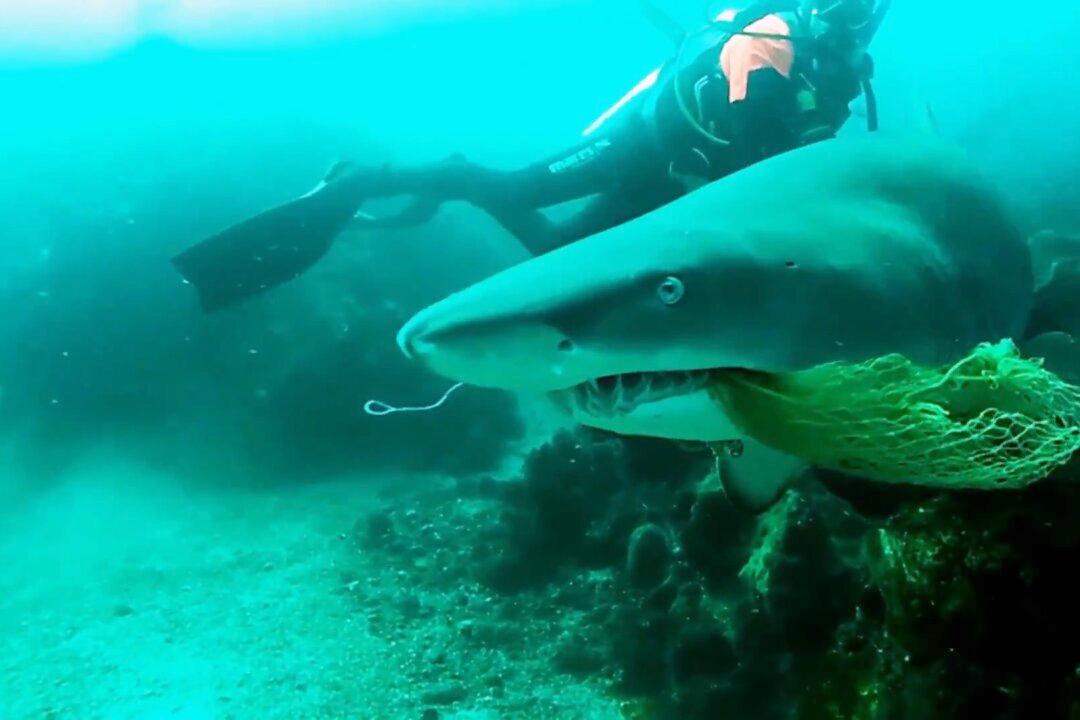The UK has fallen two places in the 2017 World Press Freedom Index because of “extreme surveillance legislation”, a proposal for a new Espionage Act, and the seizure of a Syrian journalist’s passport by British border authorities.
Published by Reporters Without Borders, the Index ranks the UK’s press freedom at 40 out of 180 countries. Norway tops the list followed by Sweden and Finland, while at the bottom are Turkmenistan, Eritrea, and North Korea.
Rebecca Vincent, UK Bureau Director for Reporters Without Borders, said there has been “a disturbing trend of moves against press freedom in the UK this year”.
She described the Investigatory Powers Act, more commonly known as the Snoopers’ Charter, as “the most extreme surveillance legislation in UK history”.
“It was quoted approvingly by the Chinese government when defending its own ‘anti-terrorism’ laws,” said media commentator Roy Greenslade at the launch of the Index on 26 April.
The Investigatory Powers Act was passed last December despite criticism from major technology companies and privacy advocates. It gives the British government the ability to intercept millions of UK citizens’ communications.
A proposal for an Espionage Act is just as alarming, Vincent said. “A new Espionage Act would make it easy to label journalists as ’spies’ and jail them for up to 14 years for simply obtaining leaked information.”
Vincent also outlined the case of Zaina Erhaim, an award-winning Syrian journalist who was detained and questioned by UK border authorities at Heathrow Airport in September 2016. Authorities seized her passport, which had been flagged – falsely – as being stolen by the Assad regime.
“Freedom of the press is still a fragile flower here in Britain and it requires constant protection in order to flourish,” said Greenslade.
He added: “There should be a public interest defence to every law, it should be a right that we in Britain uphold.”
The UK’s lower ranking fits with a broader global negative trend in the index. The US, Chile, and New Zealand all had lower rankings this year.
Poland plummeted seven places in the Index to 54th. Burundi, Egypt, and Bahrain all joined the “black list”, the black coloured countries that are described as having a “very serious situation”.
Cuba is the most hostile to media freedom than anywhere else in the Western Hemisphere, falling two places to 173rd, even after the death of Fidel Castro.
They join other countries like China, Vietnam, and Laos, totalitarian communist regimes that are “news and information black holes”, according to Reporters Without Borders.
Citizen journalists and bloggers in China have been prosecuted and jailed for criticising the Communist state.
“We remain concerned about the trend of deteriorating press freedom both globally and in the UK, particularly now with a general election approaching, as a vibrant media and a robust public debate are essential to the democratic process”, said Vincent.





